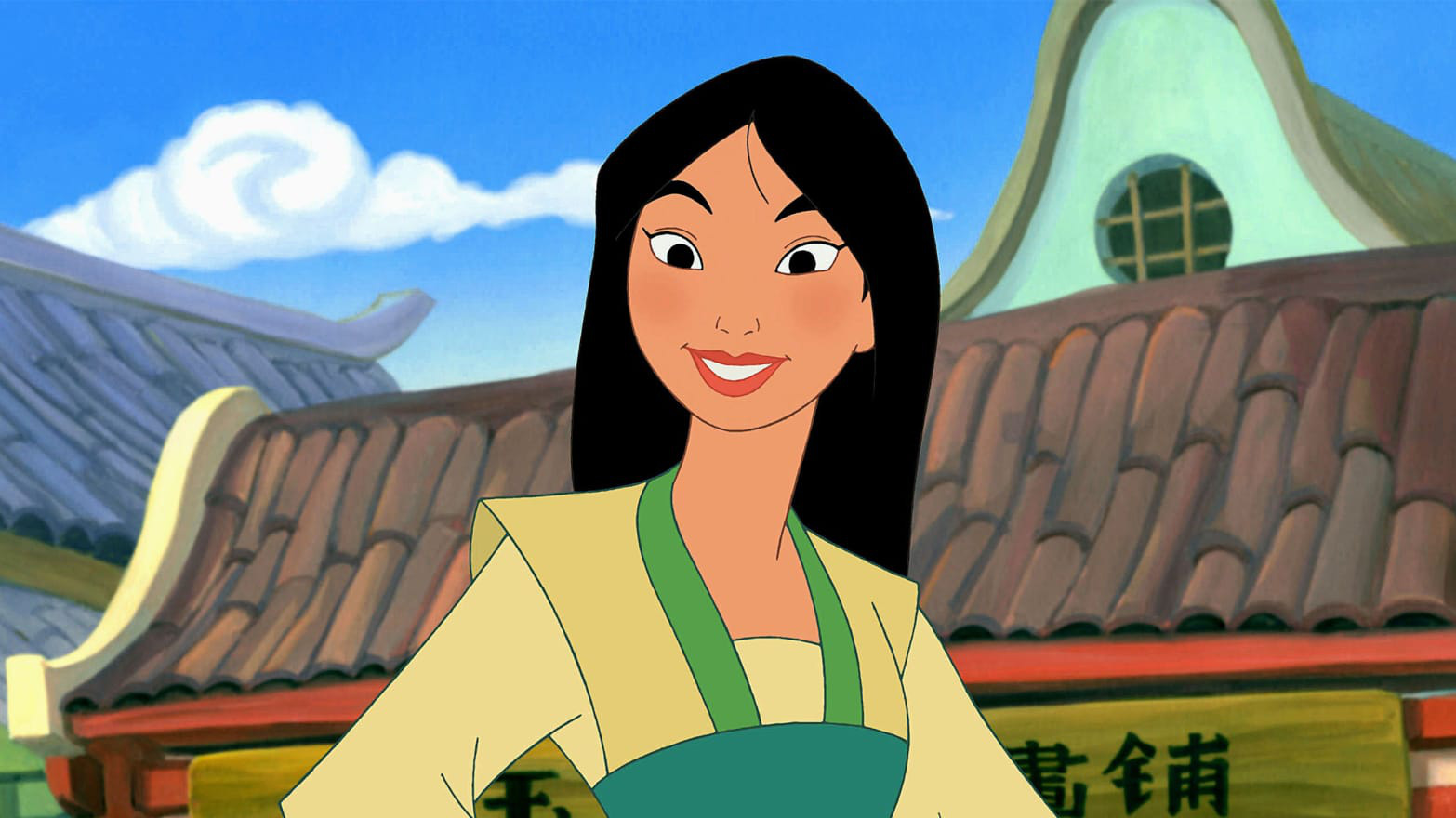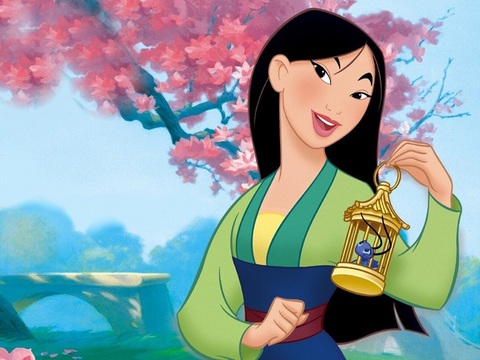Mulan: A Timeless Tale of Courage, Identity, and Honor
Mulan is more than just a character in a film — she’s a cultural icon whose legend has spanned centuries, continents, and storytelling mediums. Based on the ancient Chinese ballad "The Ballad of Mulan," the story follows a young woman who disguises herself as a man to take her ailing father’s place in the army. At its core, Mulan is about bravery, family duty, and self-discovery — a tale that resonates across generations and cultures.
The most widely recognized version of Mulan in modern pop culture is Disney’s 1998 animated film. This version introduced global audiences to Fa Mulan, an awkward but determined young woman who transforms into a national hero. With catchy songs like “Reflection” and “I’ll Make a Man Out of You,” and the comedic presence of Mushu, a dragon sidekick voiced by Eddie Murphy, the film blended humor, heart, and action. It was notable for challenging traditional Disney princess tropes — Mulan wasn’t waiting to be saved or married off; she was saving China.
Beyond entertainment, the animated film offered young viewers a powerful message: that true honor comes from being true to oneself. Mulan’s decision to break the law and defy gender roles wasn't an act of rebellion, but of love and sacrifice. Her bravery and resourcefulness earned her respect not because she pretended to be someone else, but because she remained true to her purpose despite overwhelming odds.

In 2020, Disney reimagined Mulan in a live-action adaptation, aiming for a more serious and culturally grounded interpretation. Directed by Niki Caro and featuring a predominantly Asian cast, including Liu Yifei as Mulan, Donnie Yen, and Jet Li, the film departed from many of the animated elements — eliminating the songs and sidekicks to focus on epic battles and internal growth. This version introduced elements of wuxia-style martial arts and spiritual energy known as “chi,” giving Mulan almost mythic power.
While the live-action version received mixed reviews, particularly from Chinese and global audiences for historical and political reasons, it still maintained the story’s central themes: female empowerment, honor, and family. Mulan in this version is portrayed as someone gifted with exceptional power but constrained by societal expectations. Her journey is not just about proving herself on the battlefield, but about embracing her true identity without shame.

Across both versions, Mulan stands as a symbol of resilience — a character who redefines strength and challenges norms. Her legend, whether told through folklore or modern cinema, continues to inspire those who feel caught between personal truth and cultural duty. She’s not a damsel in distress, nor a traditional warrior; she’s a bridge between worlds, between tradition and progress.
In an age still grappling with gender expectations and cultural representation, Mulan remains profoundly relevant. Her courage is not just in picking up a sword, but in daring to live authentically. As long as stories are told, Mulan’s tale will endure — not only as a story of war, but as a testament to honor, love, and the power of being oneself.
-1751961388-q80.webp)


